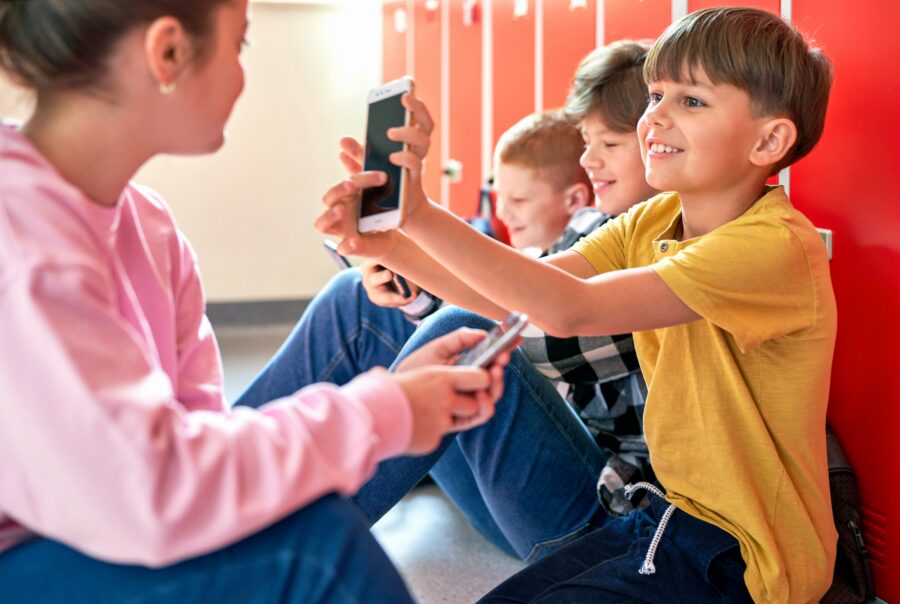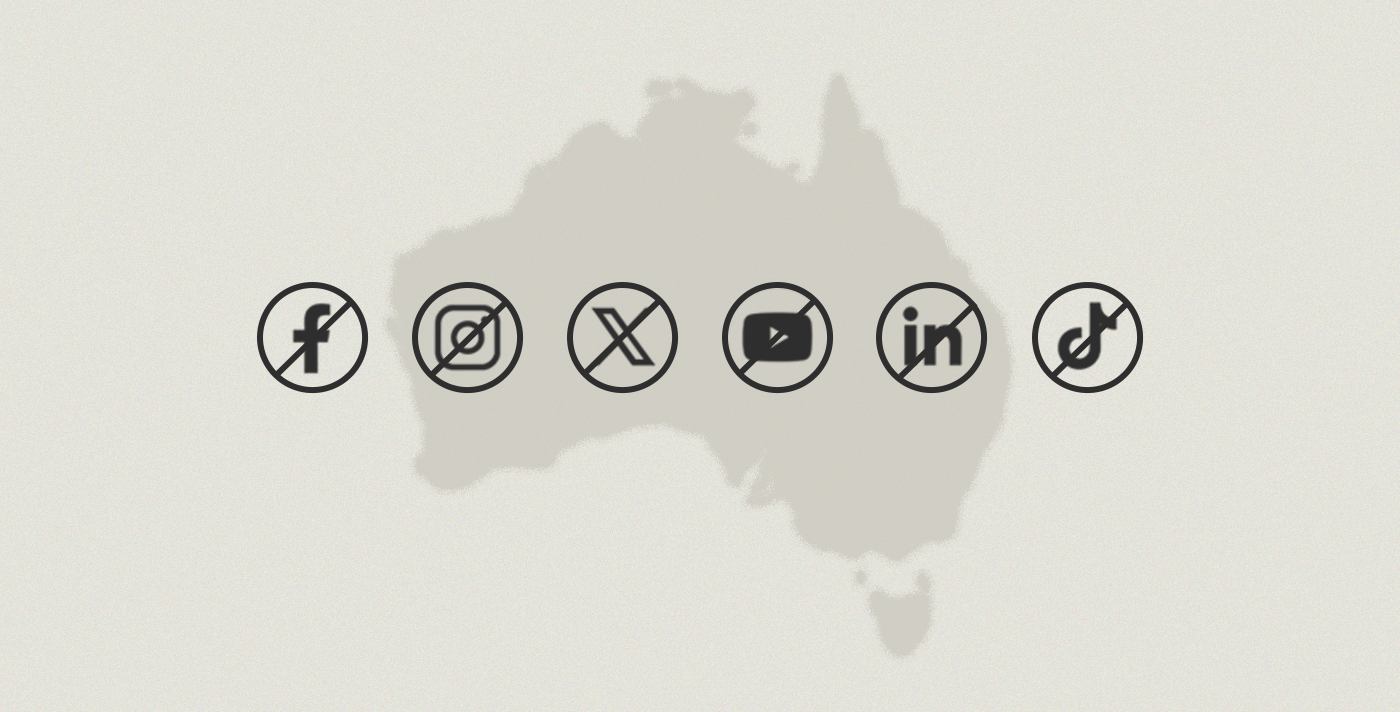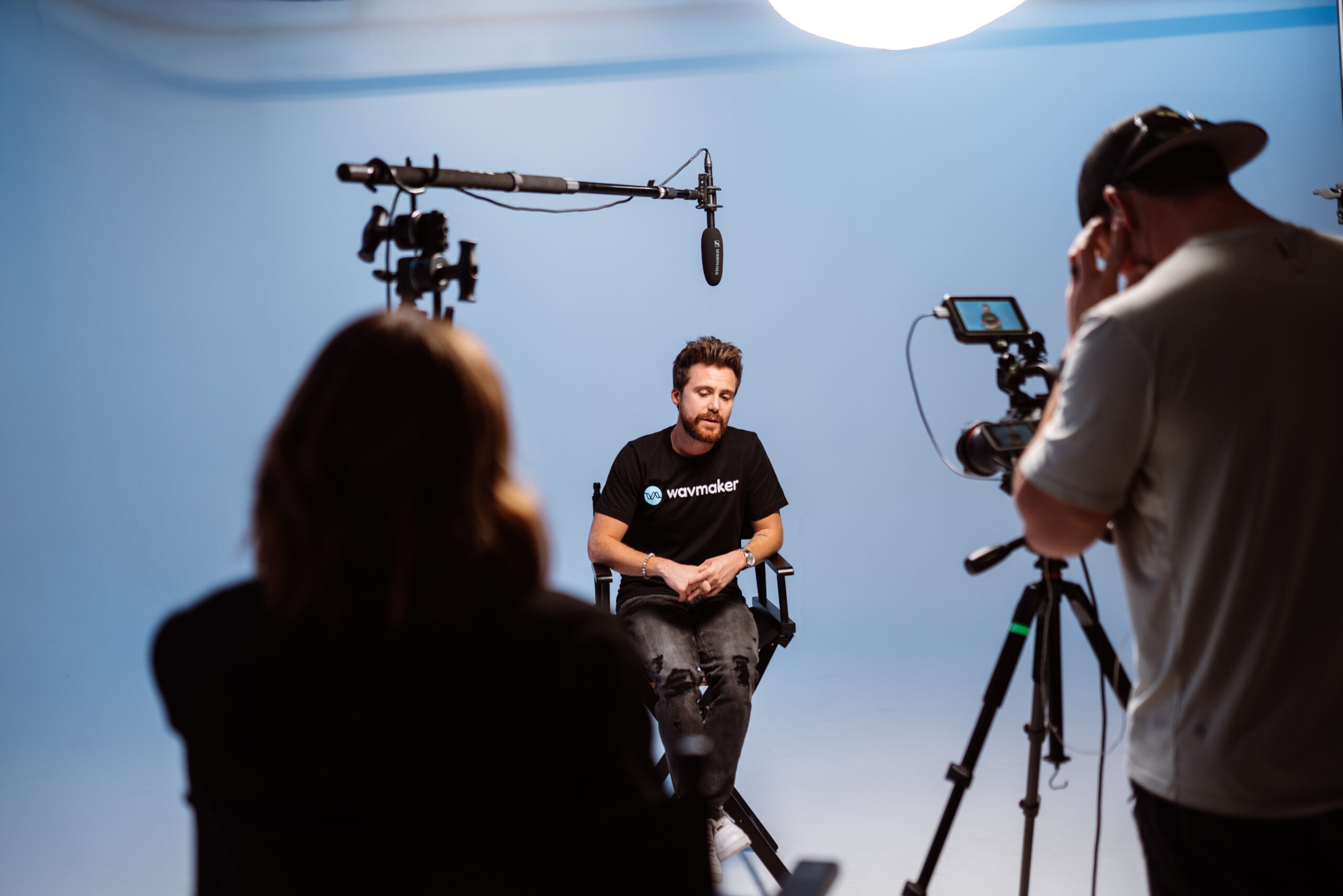Australia Redefines Youth Engagement
Last week, Australia announced it is stepping up with a bold experiment: banning social media for kids under 16. Not only is this a law, but it is also a country making a cultural statement about what they value for the next generation. The goal? To shield children from the well-documented harms of platforms like TikTok and Instagram—platforms designed to hook, distract, and, often, harm young minds.
The science is clear. Social media exposure among teens correlates with rising rates of anxiety, depression, and distorted self-worth. Kids are consuming a never-ending feed of comparison, unattainable ideals, and, sometimes, harmful content. It’s no wonder so many struggle to feel grounded in the real world.
As a social media marketing agency, we understand the power of these platforms. They’re incredible tools for connection, creativity, and business growth—when used responsibly. But we also know they’re designed to maximize engagement, and for younger users, this can easily cross into exploitation. Teens don’t have the emotional or cognitive maturity to navigate the pitfalls of these spaces unscathed. They need to be shielded from the negative effects until they’re ready.
But does this law get us closer to the solution? Fining platforms $33 million for noncompliance sounds great on paper, but enforcement is murky. Teens are digital natives; they know how to bypass rules. And then there’s the issue of privacy—demanding ID verification to confirm age risks compromising anonymity, a critical tool for some.

Critics argue this is government overreach, taking decisions out of parents’ hands. Fair point. But if Big Tech has proven anything, it’s that protecting kids isn’t their priority—it’s protecting their bottom line. Parents can’t tackle this alone, not when algorithms are engineered to exploit vulnerabilities.
This isn’t about shutting kids off from the world; it’s about setting better boundaries. Some of the most impactful connections are built face-to-face, not through a glowing screen.
Australia’s move isn’t perfect, but maybe perfection isn’t the goal. Maybe the goal is to start the conversation and take action in a world where doing nothing is far too easy.
What about you? Do you believe this is the responsibility of governments, parents, or tech companies? What boundaries should we set for the next generation? Let’s keep the conversation going.
What about you?
Do you believe this is the responsibility of governments, parents, or tech companies? What boundaries should we set for the next generation? Let’s keep the conversation going.


